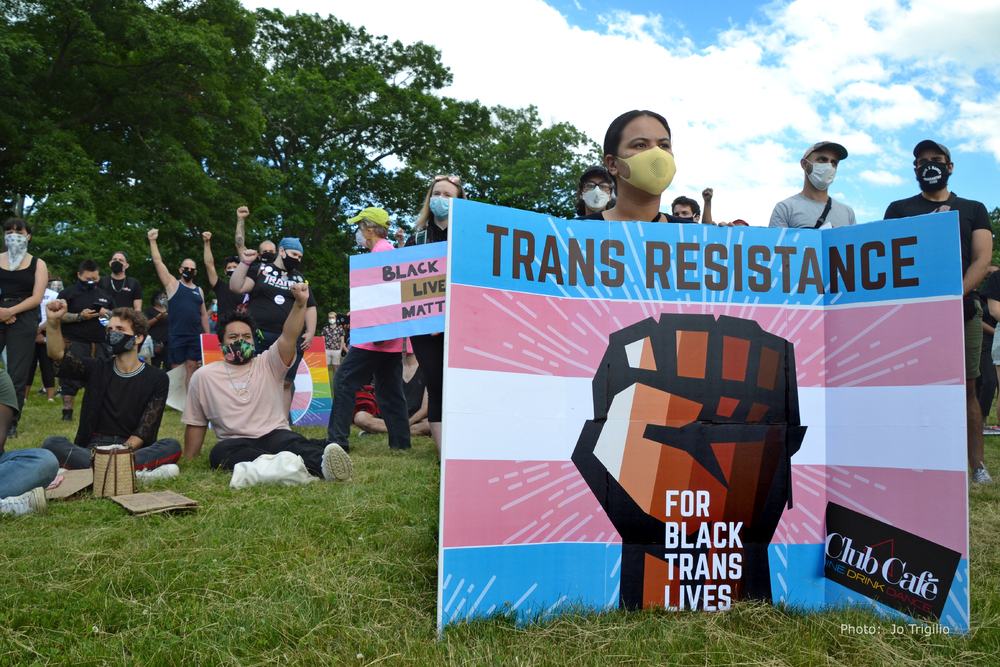Politics & Pride: From LGBTQ+ Marriage to Trans Rights

MHS Event
In Partnership with The History Project
Arline Isaacson, Mass GLBTQ Political Caucus, Isaacson Political Consulting
Carmel Valentine, Massachusetts Transgender Political Coalition
Tanya Neslusan, Mass Equality
This program looks at how the fight for LGBTQ+ rights in the political sphere has led to the current moment. Panelists will examine what issues were deemed most important over the years and how activists’ priorities have evolved in the present. How have the success and failures of past movements in Massachusetts informed campaigns today? Arline Isaacson, Carmel Valentine, and Tanya Neslusan will highlight their current work at the Mass GLBTQ Political Caucus, Massachusetts Transgender Political Coalition and Mass Equality and discuss issues that are still being fought from affordable housing to healthcare to trans rights.
Hybrid Event
The in-person reception starts at 5:30 and the program will begin at 6:00.
Masks are optional for this event.
The virtual program begins at 6:00 PM and will be hosted on the video conference platform, Zoom. Registrants will receive a confirmation message with attendance information.
